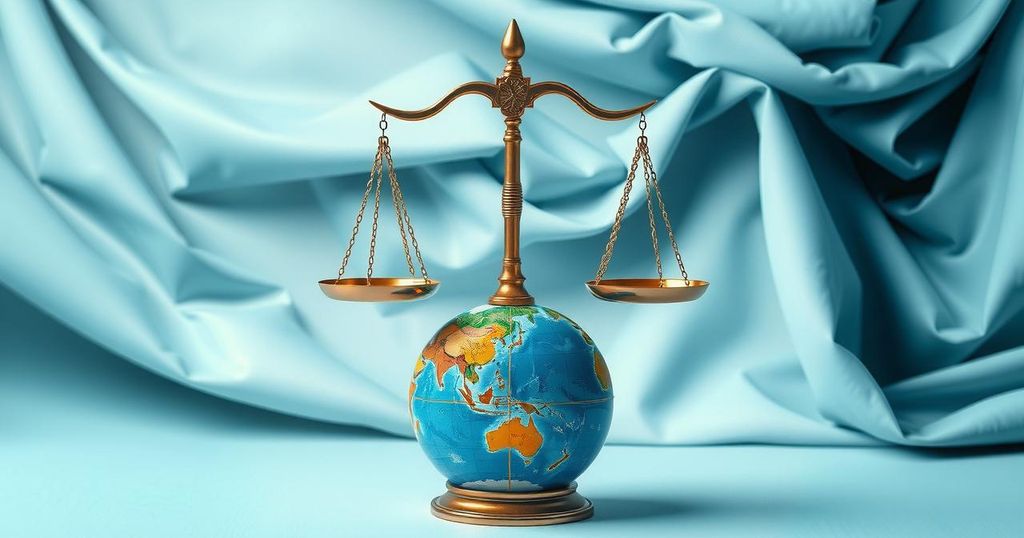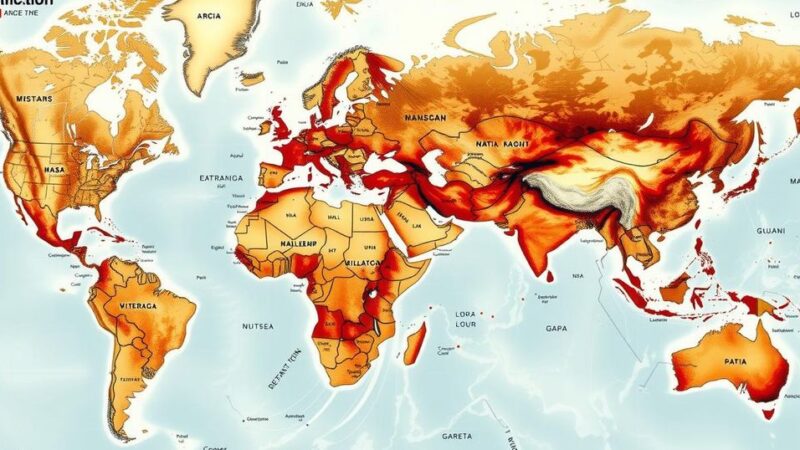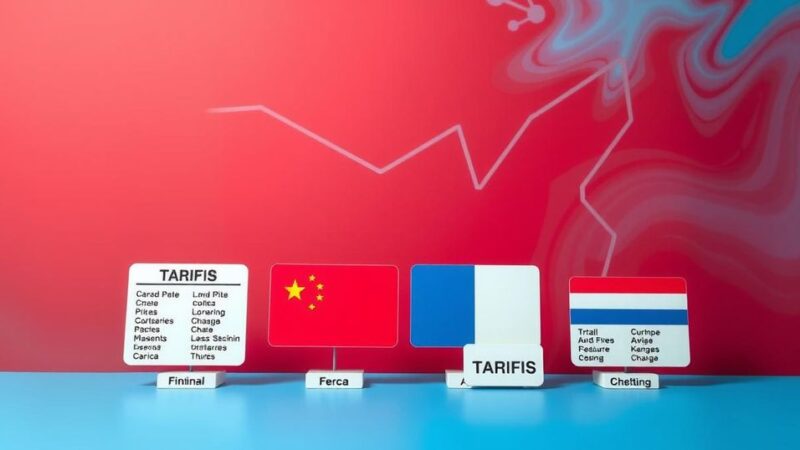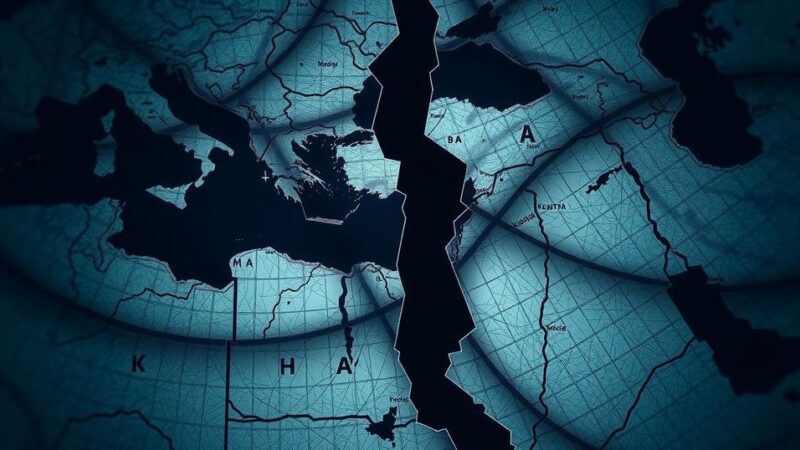A coalition led by Iceland has urged the UN Human Rights Council to establish an independent investigative mechanism for accountability in Afghanistan. The initiative is in response to ongoing human rights abuses, particularly women’s rights violations under the Taliban. There is growing frustration with the EU’s lack of proactive leadership on this matter.
Last week, an international coalition of countries, spearheaded by Iceland and joined by Chile and South Africa, urged the United Nations Human Rights Council to enhance accountability for ongoing and past human rights violations in Afghanistan. Their statement called for the establishment of an independent investigative mechanism equipped with a comprehensive mandate to support the work of the UN Special Rapporteur on Afghanistan.
Richard Bennett, the Special Rapporteur, previously cautioned that the global community’s inaction regarding the Taliban’s human rights abuses has allowed them to intensify their oppression of women and girls. In his February report, he advocated for a dedicated investigative mechanism to aid in holding these perpetrators accountable for their actions.
The joint statement reflects discontent with the European Union’s hesitance as the “penholder” on Afghanistan to lead the initiative for establishing an accountability mechanism. While the EU has made strides, including enhancing the special rapporteur’s mandate, there is a growing consensus that a more assertive approach is necessary given the deteriorating conditions in Afghanistan.
Since the Taliban’s takeover in August 2021, Afghan and international civil society organizations have consistently pushed the Human Rights Council to create an independent investigative mechanism that can gather, preserve, and analyze crucial evidence of severe human rights violations. They argue that such a mechanism is vital for achieving justice, especially concerning the Taliban’s systematic oppression of women and girls, and would significantly assist the International Criminal Court’s efforts.
Despite acknowledging the urgent need for enhanced accountability measures in response to international crimes in Afghanistan, a recent EU-led resolution did not propose any such mechanism. Each day, Afghan citizens, especially women and girls, face grave abuses, the documentation of which is at risk of being lost forever. It is imperative for the EU to fully commit to ensuring that justice is administered.
In conclusion, the call for an independent investigative mechanism to enhance accountability for human rights abuses in Afghanistan has been reinforced by a coalition of countries led by Iceland. This initiative is critical to support the ongoing efforts to document and investigate violations, especially against women and girls. The European Union’s current stance poses a challenge, emphasizing the need for decisive action to ensure justice for the Afghan people.
Original Source: www.hrw.org






